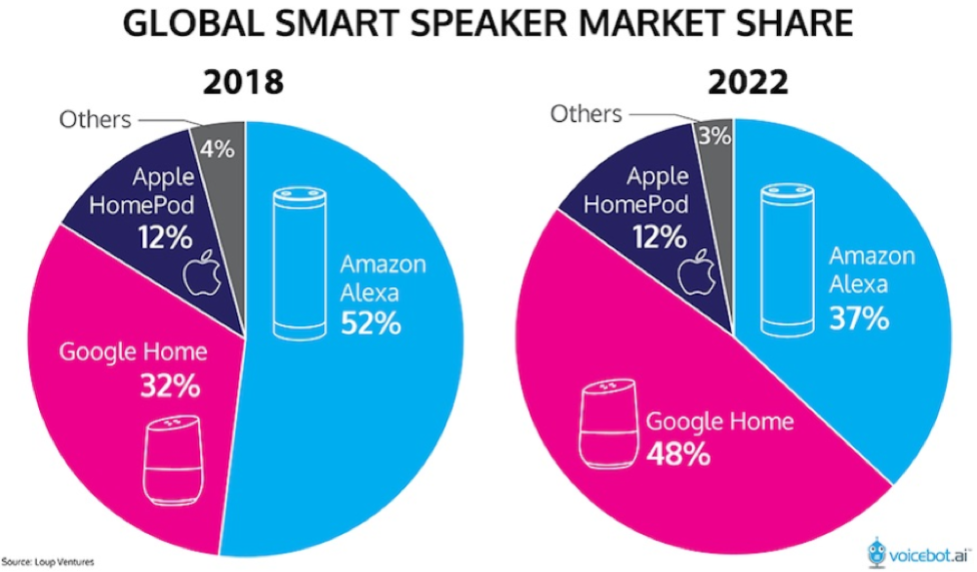It’s the death of websites.
I love doing presentations to small businesses in my free time, partly to stay in touch with the pulse of the industry’s minnows that have the unenviable task of fighting uphill against the behemoths.
It’s bad enough that the tech giants have scaled locally turning one’s local playground into a disadvantage.
The presentation is aptly titled "Content is King... But Only Through One’s Ownership" where the same parallels are explored and unpacked for my audience.
Proprietary Content – must be yours and you must own it on your own turf - your blog, your vlog, your app, and so on, it goes for everything.
Repurposing content on other platforms as a supplement to your own is one thing, but the moment you adopt an enemy platform as your main platform, that’s your coup de grâce.
SMEs (small businesses enterprise) believe it’s plausible to work with the higher-ups, but don’t forget the higher-ups have every incentive to cut you off from the fountain of youth.
One could say the best skill big tech has today is undermining its competition.
Facebook doesn’t allow posting content that criticizes Facebook, have you ever wondered why?
Website innovation has ground to a halt because of the PageRank algorithm from Google - everybody is making websites the same, a top nav, descriptive text, a smattering of images, and a handful of other elements arranged similarly.
Google’s algorithms and the self-regulating nature of its ecosystem have perverted the chance to have a unique online experience.
Most internet users have discovered that most websites don’t work well and the execution is lousy.
Silicon Valley now has a monopoly on websites.
Because websites are the key to building businesses, Silicon Valley is now using the concept of websites and their position as de-facto moderators to prevent others from developing proper websites, killing off the competition.
Alphabet is notorious for ranking in-house products at the top of page one of any Google search.
Amazon has followed the same practice by sticking its in-house brands at the top of any Amazon search on Amazon.com.
Websites are used to give businesses a chance.
What’s next?
Once we migrate the lion’s share of content to voice platforms over the next 15 years, Google Home, Apple HomePod, or Amazon Alexa could easily choose to remove Joe’s Furniture Moving Business information because they aren’t following arbitrary “policies.”
Big tech will be the gatekeepers of all global information, business, and development in the world and we will need to satisfy their algorithms to get our own content uploaded on their voice platforms.
And because of the nature of voice, users cannot see what else is out there, users will only hear what these companies tell us offering an outsized opportunity to manipulate the user experience generating more dollars for these powerful platforms.
As we inch towards the day the US Central Bank will drop the Federal Funds rate, minus Facebook, readers must load up the truck and pile into these monopolistic tech stocks.







